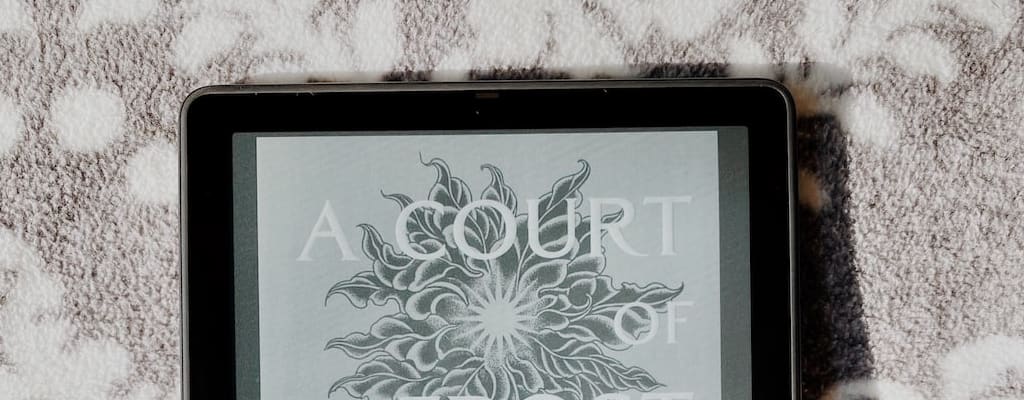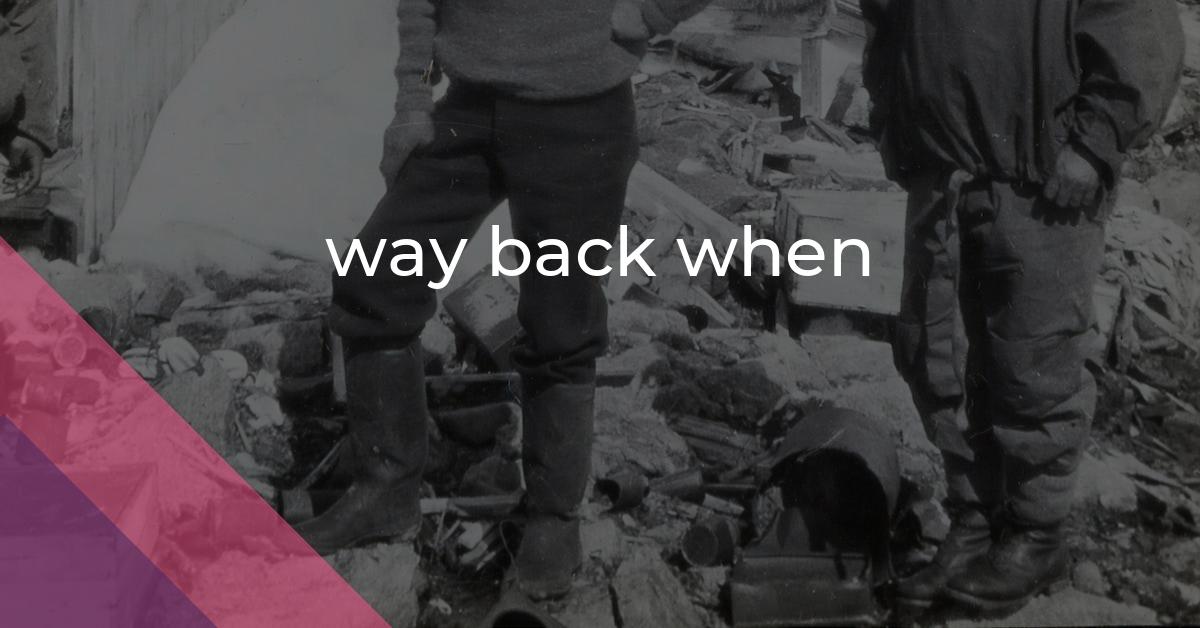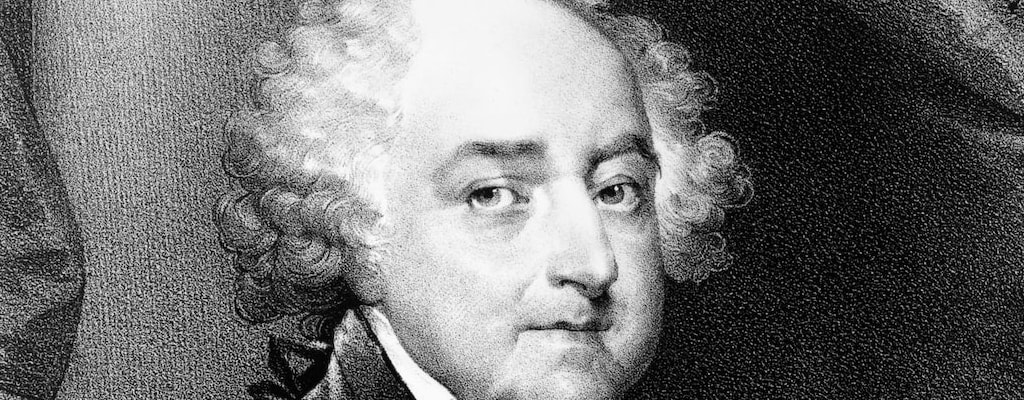way back when: Idiom Meaning and Origin
What does ‘way back when’ mean?
The idiom way back when refers to a past time that is distant or far in the past. It is used to emphasize the long time that has passed since a particular event or period.

Idiom Explorer
The idiom "year dot" refers to a time so far back in the past that it is difficult to determine the exact year. It is used to emphasize a very long time ago, typically before recorded history.
The idiom "well-seen" means widely recognized or acknowledged for one's actions, achievements, or reputation.
The idiom "well, I never" is an exclamation used to express surprise or astonishment at something unexpected or unbelievable.
The idiom "weasel out" means to avoid or escape from a situation, often through deceitful or cunning behavior.
The idiom "water under the bridge" means that something has happened in the past and is no longer important or relevant in the present.
"Water over the dam" is an idiom that means something has happened in the past and cannot be changed or undone. It refers to the idea that once water flows over a dam, it cannot be retrieved or stopped.
The idiom "watch out" means to be careful or vigilant, usually in order to avoid danger or potential harm. It is often used as a warning to someone to pay attention to their surroundings and be cautious.
The idiom "waste away" means to gradually become weaker, thinner, or less healthy, often due to illness or lack of proper care. It implies a continuous decline in physical condition or overall well-being.
The idiom "waste not, want not" means that if you don't waste anything, you won't lack anything. It emphasizes the importance of being frugal and not being wasteful in order to avoid future wants or needs.
The idiom "washed out" means to be exhausted or worn out, both physically and emotionally. It can also refer to something that appears faded or lacking in color or intensity.
Time's Untold Stories
The idiom "way back when" refers to a distant period of time in the past. It is often used to reminisce about events or experiences that happened many moons ago. The origins of this idiom can be traced back to the early 20th century.
One possible source of the idiom is the phrase "way back," which has been used since the 19th century to mean a long distance or a long time ago. The addition of "when" adds emphasis to the temporal aspect of the idiom, highlighting the specific moment in the past being referred to.
The phrase "way back when" is commonly used in everyday conversation, particularly in storytelling or casual chats. It can evoke a sense of nostalgia and create a connection between the speaker and the listener through shared memories or experiences.
As an idiom, "way back when" is not typically used in formal or academic contexts. It is more commonly found in friendly conversations, personal anecdotes, or storytelling. It adds a friendly and relaxed tone to the narrative, allowing the speaker to evoke a feeling of familiarity and create a sense of shared history.
The idiom "way back when" is versatile in its usage, allowing for adaptation to various situations and narratives. It is often used to set the stage for a story or to introduce a flashback. By invoking a specific moment in the past, the idiom helps to create a sense of time and place, adding depth and richness to the narrative.
While the origins of the idiom "way back when" may be somewhat obscure, its meaning and usage have become ingrained in the English language. It has evolved to become a familiar and widely understood phrase, conveying a sense of reminiscence and nostalgia. This idiom serves as a reminder of the passage of time and the connections we share with our personal histories, inviting us to reflect on the days of yore that shaped our lives.
When we say "back in the day," we are referring to a time in the past when things were different. This phrase is often used to compare the present with a previous time period, highlighting societal or cultural changes that have occurred over the years.
As an idiom, "back in the day" is commonly used in informal conversations, adding a sense of familiarity and relatability to the discussion. It allows the speaker to reminisce about an earlier time and create a connection with the listener through shared memories or experiences.
When we want to go back in time, we are expressing a desire to relive or revisit a specific moment or period from our past. This phrase is often used to express nostalgia or the longing to experience a past event or time period again.
The phrase "go back in time" is frequently used in casual conversations, expressing a sense of yearning or curiosity about the past. It can create a sense of wonder and excitement as we imagine what it would be like to step into a different era and re-engage with the days of yore.
When we use the phrase "days of yore," we are referring to a time in the distant past, often with a sense of nostalgia or romanticism. This phrase is commonly used in storytelling or poetic language to evoke a feeling of old-fashioned charm or to highlight the timeless qualities of a particular era.
Lastly, "many moons ago" is a phrase used to indicate that something occurred a long time ago. It adds a touch of whimsy and playfulness to the narrative, invoking a sense of distance and wonderment at the passage of time.
So, when we reminisce about the past using the idiom "way back when," we are transported back in time, going back to the days of yore, back in the day when things were different, and many moons ago. These idioms allow us to relive and reflect on the moments that have shaped our lives, connecting us with our personal histories and reminding us of the ever-changing nature of time.
Example usage
Examples of how the idiom *way back when* can be used in a sentence:
- Way back when, we used to play in the park every day.
- I remember way back when we all used to share a small apartment.
- Way back when, there weren't any smartphones.
More "Time" idioms



